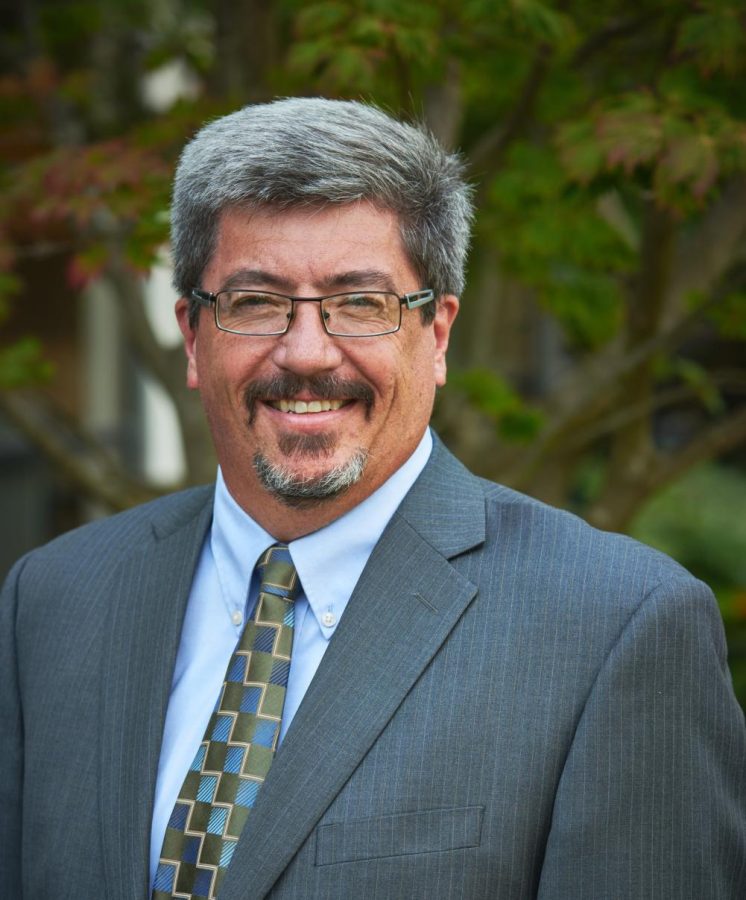College is a juxtaposition that offers great freedom and great expectation. Summing up one’s college experience in a 30 minute interview is impossible, but it’s what I asked three seniors at Seattle Pacific University to do.
Generally, the final year of undergrad can leave a stamp on one’s college experience through waves of joy, turmoil, realization and exhaustion. Receiving a college diploma is a magnificent accomplishment, but it does not prepare every senior for every challenge that the professional world will inevitably offer.
For most graduates, they have never lived through a season of life that did not involve school; for most of our lives, school has been the one constant. The question is then: “Now what?”
How can we prepare for real jobs, and true independence when the perfect blueprint we’re used to having does not exist for life post-grad?
While the seniors I spoke to were honest about their occasional doubts and fears, they all voiced a similar sentiment that shrugged off overbearing expectations and instead shared a mindset focused on the practical reality of maneuvering life after graduation.
Hannah Landies was originally a business major before she switched over to pursuing a degree in psychology with a minor in communications.
For Landies, the struggles during her first years of college were tied into strains of comparison between herself and her peers within the psychology major. Landies decided to ignore pressures to excel and perform at a certain level when she realized that college would always be a place of comparison.
She shared her belief that those unhealthy mechanisms need to be talked about, especially the failures we experience in college, because we are all inevitably experiencing a similar feeling.
Senior year is bundled with many external pressures that preach failure, doubt and dread.
The seniors I spoke to all expressed confidence that they had chosen the correct major for themselves, because those studies allowed them to truly experience and learn the materials and subjects that matter to them.
Yet even if one is studying what they love, doubts are still able to fester, said senior English major Tyler Eveland.
“I think that as you get closer to the end there’s that daunting question of, ‘Was this a good idea, am I gonna be able to do this?’” Eveland said that the English major can sometimes involve an unspoken element of one-upping, which is not explicitly vocalized, yet unconsciously felt in the setting of rigorous courses.
Eveland acknowledged that this competition and pressure is constructed by the nature of the institution, yet at the end of his time in college, he expressed that it does not stop him from believing that he can and will do what he wants after college: writing creatively to make a living.
Sean Im, an English literature major, said that he chose not to buy into pressures of senior year that point towards the next step in ones academic and professional career: grad school.
Im was a biology major during his first year at SPU, but quickly realized that he had little passion for the materials he was learning.
After speaking with professors and friends that he trusted, Im realized that his interests lay in literature, and not in the lab.
Im said the greatest thing he learned was the ability to “know when things aren’t going well and seek out support,” which he said was a huge part of the maturity process for him during college. Doing what he wanted meant the most when it came to finding a place of growth and passion.
Overall, the SPU seniors I spoke with shared a deep sense of conviction that they needed to study the things that meant the most to them, and not what other people prescribed for them.
Responding to external or internal pressures to excel in college and beyond, Landies said, “make sure you’re not pursuing a certain direction for other people, because it won’t end well.”
The overall product of college, that seniors spend four years of their lives cultivating, expanding and nurturing, is not a major or neat diploma.
What we takeaway is a personal foundation, experience that allows individuals to learn what matters to them, and how they will use their skills to expand on that passion outside of the bounds of what they thought possible before.
June is approaching quickly, as is a multitude of life changes, whether it be location, relationships and opportunities.
As a senior, it was valuable for me to hear the voices of other and learn about their fears, victories and relatable questions. this causes me to reflect inward on the experiences and impressions that I will take with me after leaving SPU. College, with all its growing pains, friendships and intimate experiences, cannot be recreated again, nor can it be replicated in the same way as any other person.
To those with a few years left, understand the power that only you have; the power to change yourself and determine your own course, hopefully, the one that you wanted.















































































